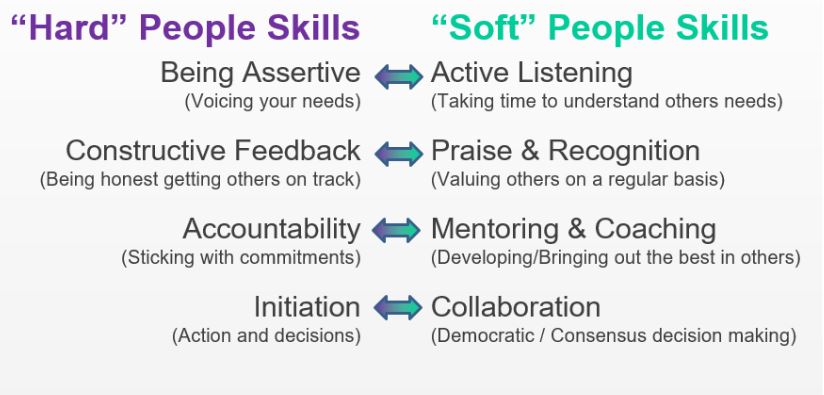Quantum Leadership is built upon the foundation of our intelligence about a subject. For CIO’s that means having an understanding of technology, business, workforce, and organizational culture. This section explores aspects of our intelligence about the nature of technology and our work.
The Higher Education CIO Job Profile and Performance Model
The Higher Education CIO Job Profile and Performance model is updated to the 2022 version. It is nearly a complete rewrite of the first version published in 2015 to provide an accurate depiction of the current and future role and responsibilities, requisite skills, knowledge, and experience of a Chief Information Officer (CIO) at higher education institutions. The 2021 version of the HeD CIO JPPM takes into consideration the evolving role of the CIO as a digital transformationalist in the post-COVID pandemic era while staying grounded on foundational responsibilities of providing relevant, reliable, and resilient IT services.
The JPPM establishes a framework of core competencies required of a contemporary IT leader in higher education. The model can be used in talent management programs that seek to objectively identify, assess, and develop key IT leadership talent. The model can be applied: as a mentoring and development tool for developing future technology leaders; as a guide for developing job descriptions with sensitivity to institutional maturity; and as an assessment tool for current CIOs among other development and informative uses. Please provide feedback and suggestions for improving the JPPM to me@steveburrell.info
Top 10 IT issues in Higher Education IT
The CIO must be cognizant of the emerging issues driving higher education and the IT innovations that could be used to address opportunities and problems. There are many sources for information about emerging technology. The key is to sort out the market hype and motivations of technology companies to influence you. EDUCAUSE publishes an annual top 10 issues list which provides insights into the issues that CIOs should be paying attention to.
Essential Frameworks of Technical Skills
A technical expert is someone who knows more and more about less and less until he knows everything about nothing. A CIO must be someone who knows less and less about more and more until finally she knows nothing about everything. So what happens when the technical expert and a CIO meet?
— An adaptation from quote by Mark Twain
The pace of change is too fast, the applications of technology too broad, and the complexities too deep for any one person to be an expert in all of the technologies, methods, and compliance used in our organizations and institutions. The vastness and depth of technologies compel wise leaders to surround themselves with talented people who deeply understand specific technologies. However, there are essential technical frameworks that the CIO should be cognizant of.
- TOGAF: An enterprise architecture methodology for business
- ITSM: An IT service management framework
- ITIL: The IT Infrastructure Library
- COBIT: A framework for alignment and governance
- Six Sigma: Streamlining quality management
- ADKAR: A model for change management
- DEVOPS: A framework for development and operations lifecycle management
- Agile: A software development methodology
- NIST: A Cybersecurity Framework
- HeD Law: An index and compliance matrix
- Audit: Guiding principles of an audit committee
- IT Governance
Foundational Leadership Skills
Having strong communication and people skills are core to any CIO role. Mastering both “hard” and “soft” people skills provides a foundation for good leadership and a base for developing our EQ.

It may be impossible for the CIO to know everything about the technology, workforce, business processes, methods, and laws they oversee, but they at least need to know what questions to ask. And afterall, the question is the most powerful technology we posses.